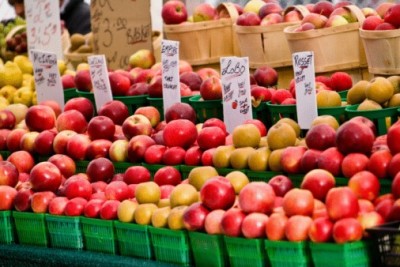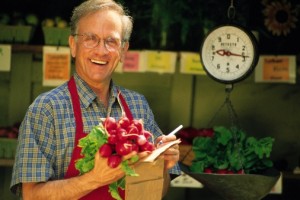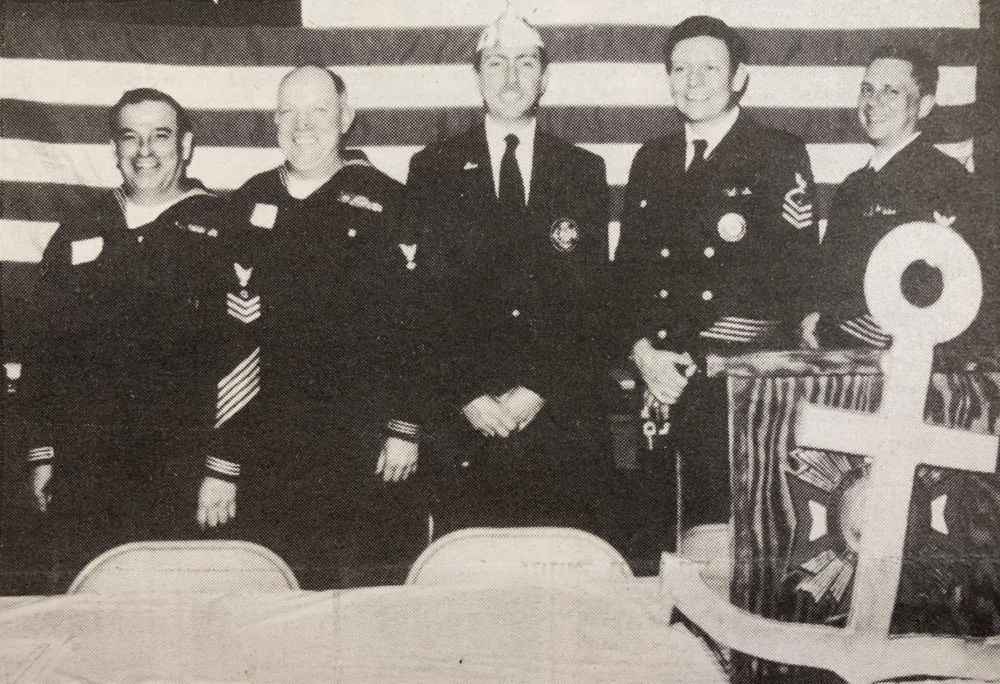Farmers markets get special attention and support from newly created specialist post

Farmers markets are growing in popularity all across the country and locally the markets, their managers and the growers who sell their produce, are benefiting from an innovative support project called “Merchandising for Improved Performance at Farmers Markets.”
The project, dubbed The Farmers Market project for short, is overseen by Jarmila Haseler, Farmers Market Specialist at Cornell University Cooperative Extension.
The program is relatively new, getting underway two years ago and is the vision of Elizabeth Claypoole, Executive Director and Ag. Issues Leader of Cornell Cooperative Extension Wayne County. Haseler says Claypoole serves as her supervisor.
“The main goal is to connect the organizers (of farmers markets) with needed resources in order to strengthen the farmers markets network and provide better economics for local farmers,” Haseler explains. “We are really having a lot of positive feedback and a lot of impact in the community.”
Her position as farmers market specialist is so new, there was no job description when she interviewed for the post. Haseler says there is no one else in New York state with her job title. The project serves an eleven-county area including Wayne and Monroe Counties.
“One of the key factors for success is connecting stand-alone markets with local organizations. This increases their visibility and standing in the community, resulting in better chances of higher performance and survival,” Haseler says. “We provide ongoing support by supplying updates from organizations such as the USDA or NYSDAM in addition to classroom or on-line training, workshops and consultations.”
Another important factor in farmers market success is increasing the tenure of market managers, who typically serve three to four years, Haseler says. The majority of farmers market managers are not paid and hold full-time jobs elsewhere. During the growing season, they typically put in 12-16 hours each week on their farmers market duties alone.
 “How long can you last and do it for free?” Haseler questions.
“How long can you last and do it for free?” Haseler questions.
When a municipality or organization decides to begin a farmers market, Haseler says providing pay for the manager is recommended. Lengthening the tenure for market managers means better-run, better-performing and long lasting farmers markets, she says.
Farmers markets are worth the effort, Haseler says, noting they are a win-win for communities. Consumers can connect with local farmers, other local businesses, and members of the community. “Modern-day markets can be a lively and eclectic experience,” Haseler observes, “drawing customers of diverse ethnic backgrounds, social groups and ages. They can be the only social event that brings the community together in less populated rural areas.
“Not only do farmers markets provide fresh food for communities,” she continues, “they also serve as an important financial outlet for local farmers and other vendors, providing an economic benefit to the host communities.”
Stacy Mitchel, a senior researcher at the Institute for Local Self-Reliance, cites the economic impact of buying local: “In a national chain, only about fifteen cents of every dollar spent stays local. The eighty-five cents goes back to the corporate headquarters. In shopping at locally owned enterprises, like farms, it is thirty to fifty cents that stays local.”
The revival of communities is another benefit of farmers markets, Haseler says. Some communities utilize vacant lots which had been vulnerable to vandalism. “The farmers market draws people in and improves the neighborhood,” she says.
Additionally, there are direct and indirect benefits, including less obesity, less diabetes, less waste, Haseler says. Consumers “learn where food comes from and get to know the farmer.”
She describes an event she organized at a local farmers market last September call “Bee at the Market.” It included honey producers and educational materials about native pollinators as well as games, raffles, prizes and recipes. Shoppers moved between vendors and educational displays receiving samples and recipes.
“It was a perfect storm and doubled foot traffic at that market,” Haseler says. The vendors had excellent sales and the public was educated, she adds.
In early January this year, Haseler attended a luncheon meeting of the Churchville-Riga Chamber of Commerce. Bob King of MCC’s Agriculture and Life Sciences Institute spoke about the emergence of farm markets and distilleries.
Churchville Mayor Nancy Steedman said the village is interested in starting its own farmers market. She tells the Suburban News/The Herald that she has met with Riga Supervisor Bob Ottley regarding the market and says that it would likely get going in 2016.
“We are considering getting an advisory board together this year, to start planning for the farmers market,” Steedman says. She adds that the town and village boards will discuss the farmers market at a joint meeting on May 18 at the Riga Town Hall.




